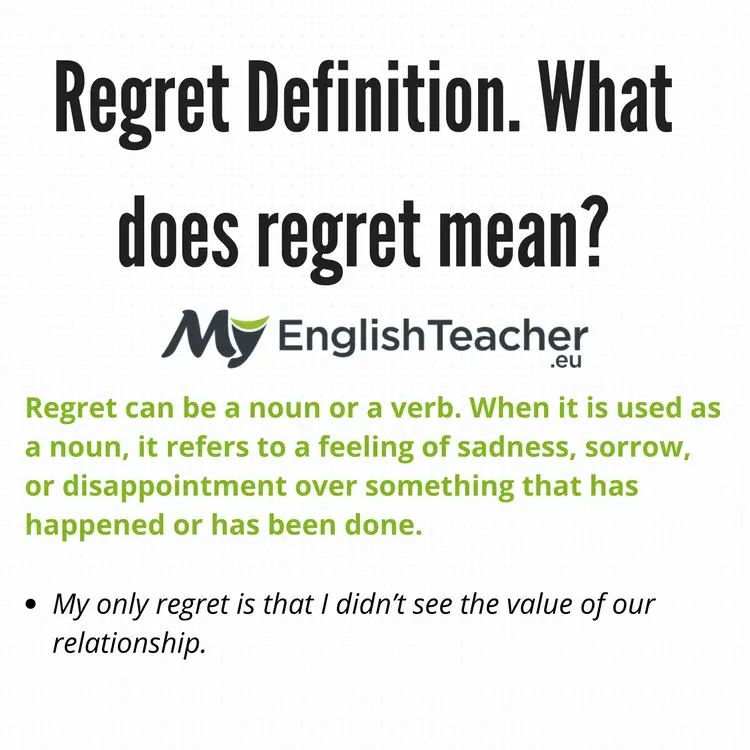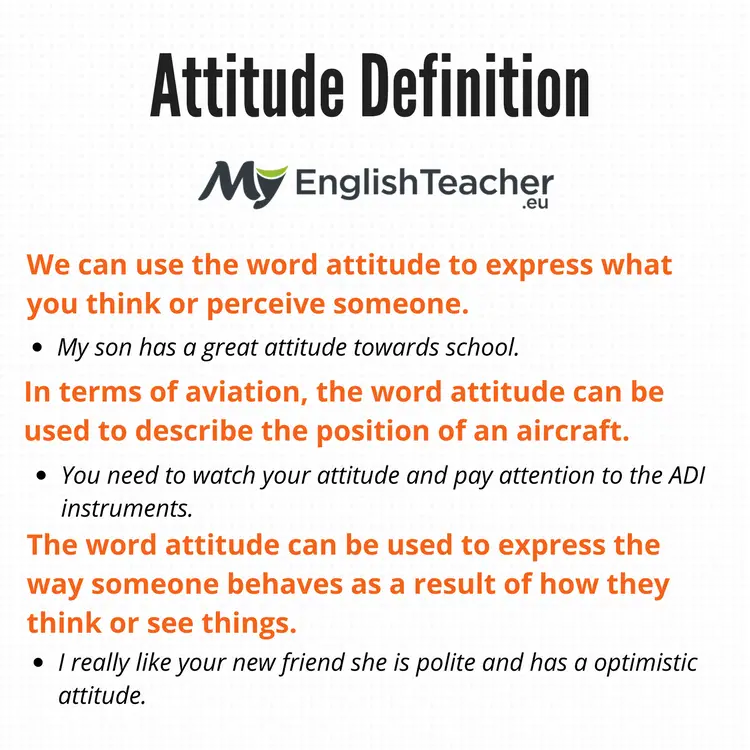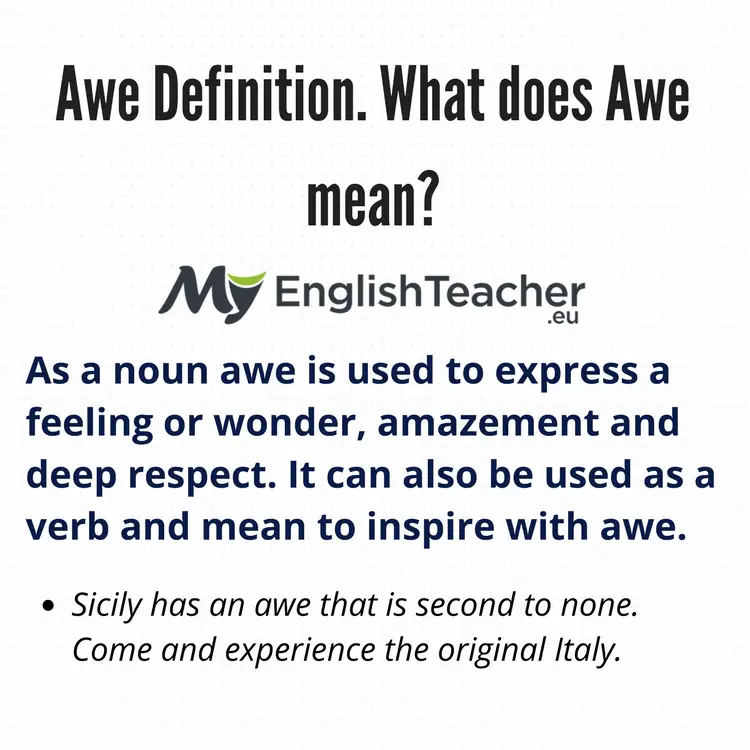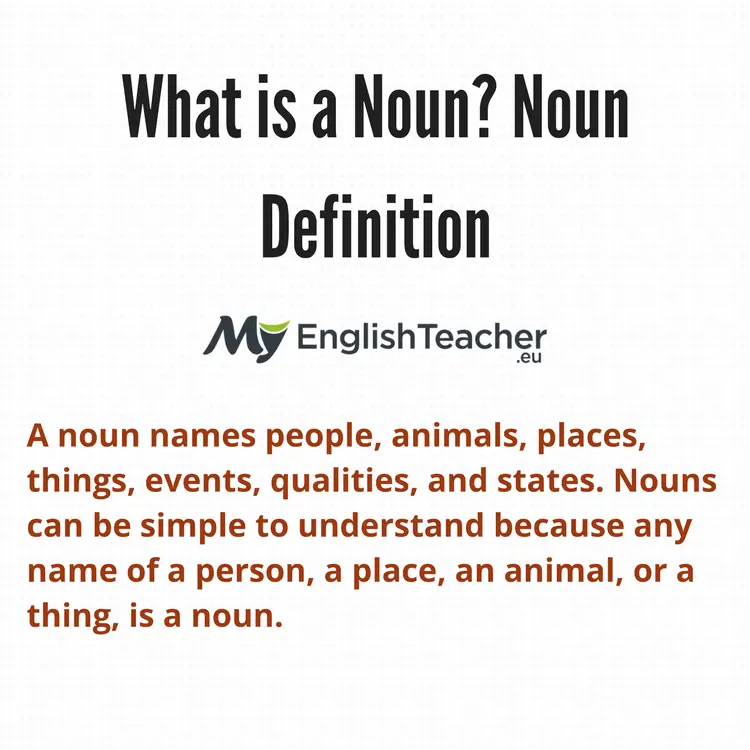If someone said to you that you are suffering from the illusion of transparency, what would you think they met? Maybe your experiencing some or magical experience? Maybe you crazy or have some sort of mental illness? Nope!
When we talk about illusion of transparency is people’s people overestimation that others understand us. It is the difference of how much we think people know who we feel and the message we are communicating and the actual amount, which is usually much less than we think.
Often times this is because people are vague in their messages and people are not clear. In English we have several different ways to clarify information like Come Again; Sorry, could I ask you to tell me that (piece of information) again? Could you clarify what you meant by (challenging word).
Sometimes people are purposefully ambiguous and drop hints and indirect because they do not want to be direct. We will use the phrase” What are you driving at? to challenge a person to be more specific in their intent.
Meaning of Drive at:
When we want to know someone’s true message or intent of the message we would say: What are you driving at?
Examples of “Drive at.”
- I am getting the feeling you are not telling me this information just for small talk, what exactly are you driving at?
- That meeting was so confusing. What was the CEO driving at when he said: For us to survive, we must look at some changes that will benefit everyone?”
Dialog:
Ernie: Hey Bert, so how was your meeting with Mr. Burns?
Bert: It was ok, same old.
Ernie: Really? Ok, nothing new?
Bert: No, not really, he just was wanting a follow up on the project and the same old chit chat. You know Mr. Burns. Why do you ask? What are you driving at?
Ernie: Oh, nothing I just thought there might be some news or something. And speaking of driving at, what do you mean “you know Mr. Burns.”
Bert: Ok, Ernie. I think you are driving at something, why are you being so coy?
Ernie: Well I am really not supposed to say anything, so I won’t, it is a good thing.
Bert: Well, I really don’t understand nor do I like it when people are not up front and are driving at something but won’t say.
Ernie: Your right, I should not have said anything.
Other words you can create: noun, verb, adjective, adverb, etc. (ex: mug – mugger)
Drove at
Driving at
Someone driving at something
Collocations:
I am not sure what you are driving at.
What are you driving at?
Related Phrases and Phrasal Verbs:
Long drawn out – we use this phrase in the context of drive at, to say that someone is taking a long time to explain something and being vague and indirect in their explanation.
- John was long and drawn out in his explanation, I am not sure what he was driving at when he mentioned the project.
Long winded – this is a term we use in the context of drive at, to say that someone is going on at length about something and being very wordy and not saying what they mean.
- Sally is so long winded and I never know what she is driving at when she starts talking about her problems with her husband.
Topsy-turvy – when we use topsy-turvy in the context of drive at, we are saying that someone is creating a state of utter confusion and not being direct in their message.
- My 16-year-old son was being topsy-turvy in his explanation of why it took him so long and I was not sure what he was driving at when he started talking about his friend being a worse driver than he is.
Not straight forward – when someone is being evasive and obscure in their message we say they are not being straightforward.
- Please be more straightforward, I am not sure what you are driving at!
Roundabout – when someone does not take a direct route to get someplace. In the context of drive at, it is suggested the person is being complicated, indirect, and coy in communicating their message.
- He is being roundabout in his explanation, I wish he would just tell us what he is driving at.
Related idioms:
Playing games – in the context of driving at, this phrase is used to say that someone is being coy and avoiding telling the truth about something.
- You need to stop playing games and tell me what you are driving at, there is no time for this nonsense.
Playing Politics – we use this phrase to say that someone is being insincere and vague to avoid a truthful message either to gain personally or to avoid losing personally.
- That councilor is always playing politics and never letting the voters know what she is driving at when she talks about her platform.
Twisting and turning – in the context of drive at, we use this term to suggest that someone is not being direct in this message and being purposefully misleading.
- She is always twisting and turning in her explanations, I don’t think there is anyone in the group that understands what she is driving at.
Beat around the bush – when someone beats around the bush, they are purposefully vague and avoid answering a question, or provide information because the topic is sensitive or unpleasant to talk about.
- Brenda is beating around the bush and I am not sure what she is driving at when she talks about such vague issues regarding the failure of the project.
Synonyms (other ways to say):
Roundabout
Getting at
The post Drive at Meaning appeared first on MyEnglishTeacher.eu Blog.



















